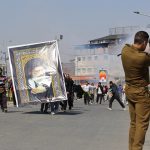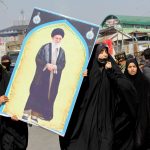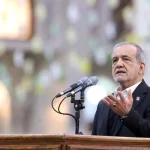The East Africa Law Society (EALS) has shifted its much-anticipated 30th Annual Conference and General Meeting from Zanzibar to Addis Ababa, Ethiopia, citing concerns over the timing of Tanzania’s national elections.
The announcement was made through a communiqué issued by EALS President Ramadhan Abubakar on Monday June 23rd 2025. EALS noted that while Zanzibar was the preferred host, the upcoming election period posed uncertainties that could affect participation and logistics. The Governing Council met on June 16th and resolved to seek a more secure and stable venue.
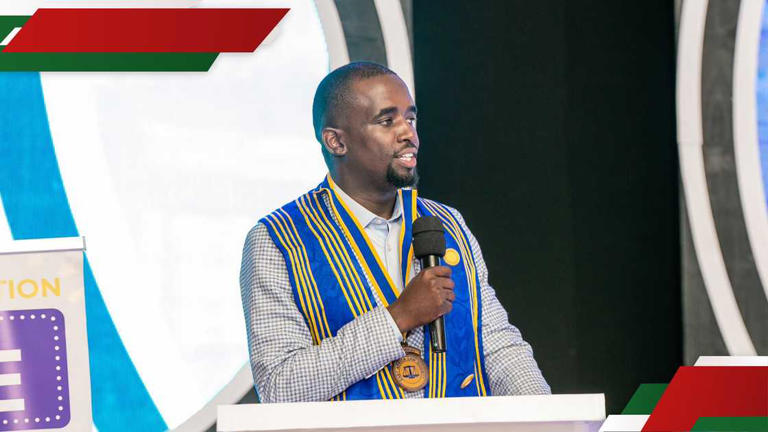
“We are pleased to announce that the 30th East Africa Law Society Annual Conference and General Meeting will be held in Addis Ababa, Ethiopia,” the communiqué stated.
This year’s conference is particularly significant as it marks 30 years since the founding of EALS, which brings together lawyers, judges and legal professionals from across the East African region and beyond.
The relocation also reflects Ethiopia’s deeper engagement in regional legal affairs, following the recent admission of the Ethiopian Federal Advocates Association (EFAA) into EALS membership. EALS described Addis Ababa as a strategic location that aligns with its commitment to broader continental engagement.
While EALS did not directly criticize Tanzanian authorities, the decision has drawn attention to recent diplomatic tensions involving Tanzania’s handling of activists and human rights defenders.
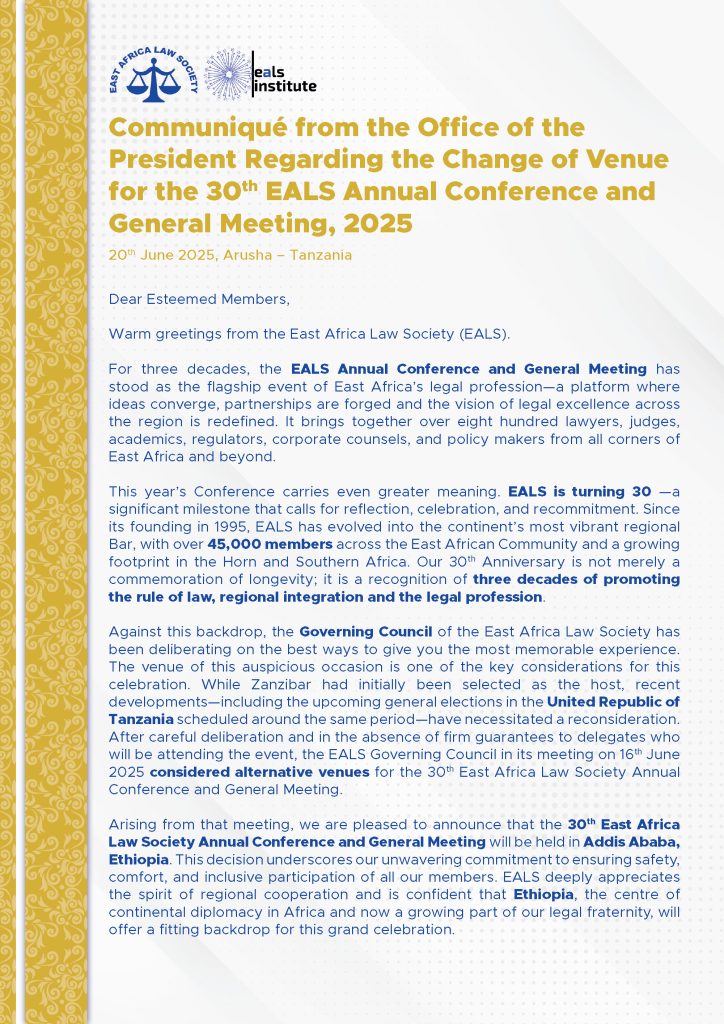
In recent weeks, Kenya’s Martha Karua, Willy Mutunga and Boniface Mwangi were deported from Tanzania after traveling there to show support for opposition leader Tundu Lissu during his legal battles, a move that drew sharp criticism from civil society and political leaders. Boniface Mwangi later claimed he was tortured while in custody. Ugandan journalist Agather Atuhaire, who was also deported, has made similar allegations.
These claims were formally raised by the East and Horn of Africa Human Rights Defenders Network (EHAHRD-Net) at the UN Human Rights Council, accusing Tanzanian police of grave abuse, including torture and sexual assault of the two activists. They further alleged illegal detention and deportation, in what they called a suppression on civic freedoms.
In response, Dr. Abdallah S. Possi, Tanzania’s Ambassador to the UN in Geneva, dismissed the allegations as inaccurate and misleading. Speaking in Geneva, he said, “Tanzania is a mature democracy, having held free, fair and peaceful multi-party elections. In fact, since the birth of the nation, never at any time has Tanzania failed to hold elections as required by the Constitution.” He insisted that the individuals in question failed to declare their true reasons for entering the country, which he said was a violation of immigration laws.
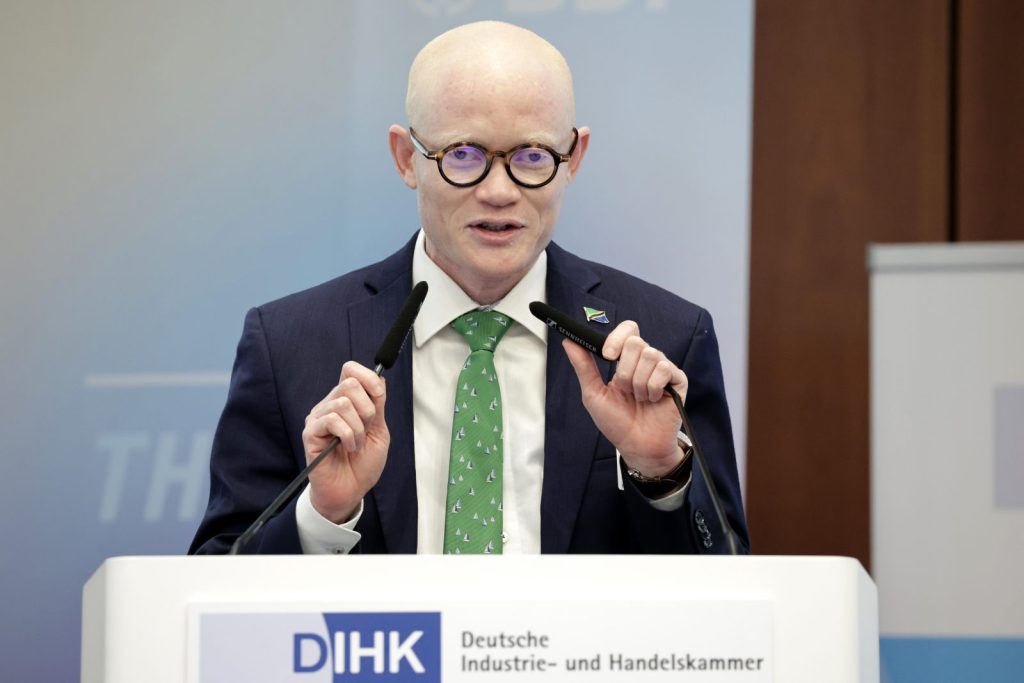
“This applied to the individuals mentioned by the representative of the East and Horn of Africa Human Rights Defenders Network… who unfortunately failed to declare their genuine purpose of entering the country, a common requirement of immigration laws of many countries.”
While distancing the government from the abuse claims, Dr. Possi acknowledged the seriousness of the allegations and stated that the Tanzanian government had opened investigations, “The country is currently investigating and if established, those concerned will be held accountable.”
He also informed the Council that Tanzania had made arrangements for live broadcasting of CHADEMA Chairman Tundu Lissu’s treason trial, stating it was a move meant to promote transparency and public trust in the justice process.
Reacting to the relocation, Nairobi Senator Edwin Sifuna praised the EALS leadership for what he called a bold and necessary stand. He welcomed the decision as a clear message that legal institutions must remain independent and principled, especially during politically tense periods.
“Thanks to the leadership of the East Africa Law Society led by President Ramadhan Abubakar for this bold decision to strip Tanzania of hosting rights for the EALS conference. I’m proud to have voted for you,” Sifuna said in a post on X. “


